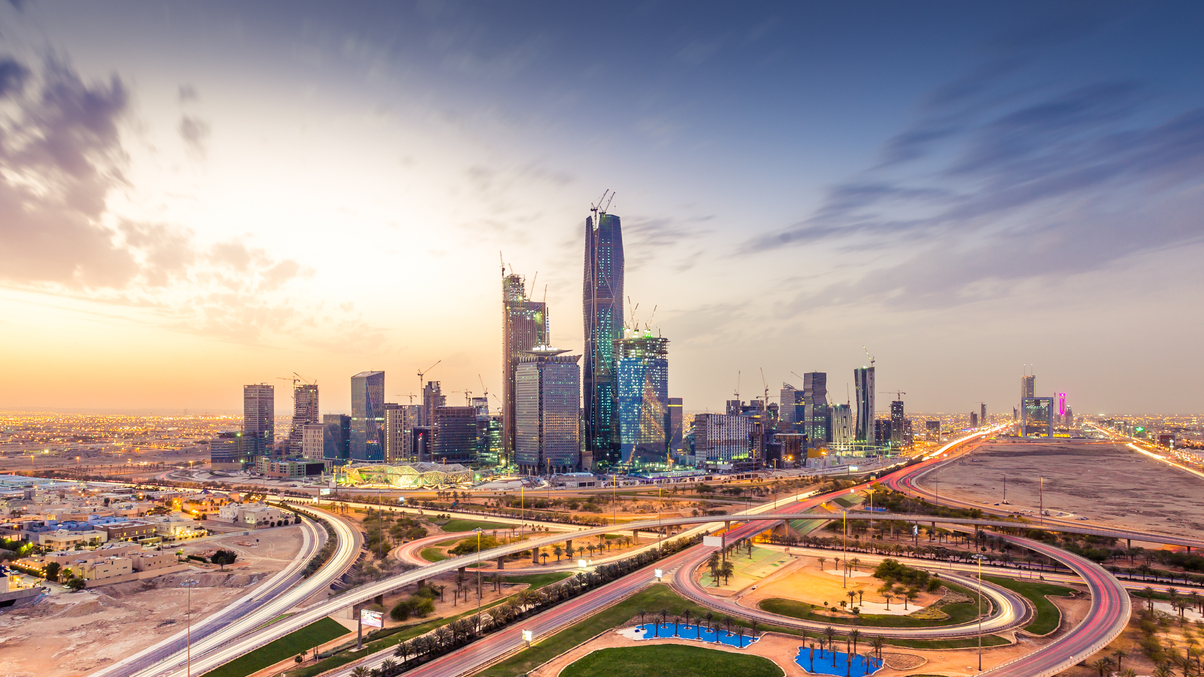New Saudi fund to face scrutiny on governance, sustainability
Saudi Arabia wants to merge its General Organisation of Social Insurance (Gosi) with the Public Pension Agency (PPA). The new super fund will have to adhere to higher standards.

Saudi Arabia plans to merge two state investment funds into a $250 billion entity, but it will face increased pressure to improve its governance and sustainability practices, say experts.
Sign in to read on!
Registered users get 2 free articles in 30 days.
Subscribers have full unlimited access to AsianInvestor
Not signed up? New users get 2 free articles per month, plus a 7-day unlimited free trial.
¬ Haymarket Media Limited. All rights reserved.


